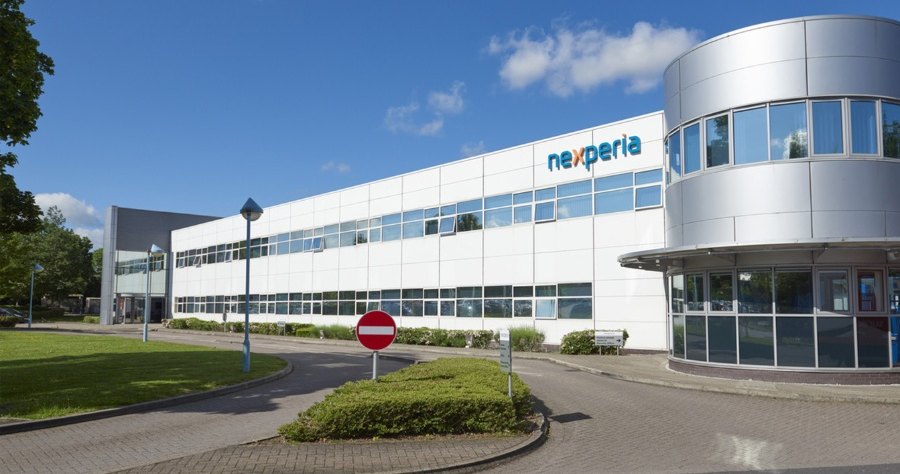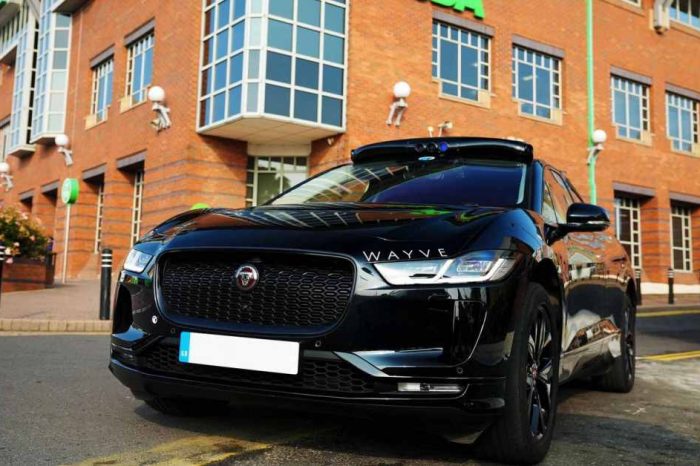Dutch government seizes control of Chinese-owned chipmaker Nexperia, citing threat to Europe’s tech security

It started as a straightforward acquisition. In late 2023, we featured Nexperia after the Chinese-owned semiconductor company received approval from the Dutch government to acquire Nowi, a small but innovative chip startup based in Delft. At the time, it seemed like another quiet deal in Europe’s semiconductor sector — a well-funded player absorbing a promising startup with next-generation energy-harvesting technology.
Two years later, that same company is now under government control. It reads like a geopolitical tech drama — one that began as a routine acquisition and spiraled into a full-blown national security standoff.
Dutch Government Takes Control of Chinese-Owned Chipmaker Nexperia Amid U.S.–China Tech War Tensions
In an extraordinary move, the Netherlands has taken control of Nexperia, a subsidiary of China’s Wingtech Technology, citing national security concerns and the need to safeguard Europe’s access to critical chips. The takeover, announced by the Dutch Minister of Economic Affairs, invoked the rarely used “Goods Availability Act,” a measure typically reserved for emergencies affecting national supply.
“On Tuesday, 30 September 2025, the Dutch Minister of Economic Affairs invoked the Goods Availability Act (Wet beschikbaarheid goederen) due to serious governance shortcomings at semiconductor manufacturer Nexperia. The company’s headquarters are located in Nijmegen, with additional subsidiaries in various countries around the world. The decision aims to prevent a situation in which the goods produced by Nexperia (finished and semi-finished products) would become unavailable in an emergency. The company’s regular production process can continue,” the Minister of Economic Affairs said in a statement.
The government said it stepped in “to prevent a situation in which the goods produced by Nexperia (finished and semi-finished products) would become unavailable in an emergency.” The statement described the action as “highly exceptional,” pointing to “recent and acute signals of serious governance shortcomings and actions” within the company. Officials warned that the issues posed a risk to Europe’s economic security, particularly in automotive technology.
The decision marks a sharp reversal from just two years ago, when Dutch regulators approved Nexperia’s acquisition of Nowi. That 2023 review came amid growing scrutiny of Chinese investments in Europe’s tech infrastructure. Nowi’s technology — which captures ambient energy from light or vibrations to power IoT devices — was considered sensitive because of its potential in next-generation electronics.
Nexperia, headquartered in Nijmegen, produces billions of semiconductors each year for cars, smartphones, and industrial equipment. Its chips are vital to Europe’s supply chain, and its ownership has been a lingering concern among Western governments since Wingtech acquired it in 2019.
Wingtech confirmed in a corporate filing on October 13 that Nexperia is now under temporary external management. The company was ordered to suspend major business decisions, including asset transfers and personnel changes, for up to a year. Wingtech’s chairman, Zhang Xuezheng, was also suspended from his executive and non-executive roles at Nexperia.
Daily operations at Nexperia will continue, though Wingtech admitted the full impact of the measures is still unclear. The company’s shares plunged to the maximum 10% limit on the Shanghai Stock Exchange following the announcement, CNBC reported.
In a deleted WeChat post archived by Chinese policy blog Pekingnology, Wingtech pushed back against the decision, calling it “excessive intervention driven by geopolitical bias.” The company said it has “strictly abided by the laws and regulations of all jurisdictions where it operates,” employing thousands of local staff across the Netherlands, Germany, and Britain.
Nexperia itself offered little beyond a short statement to CNBC, saying it “complies with all existing laws and regulations, export controls and sanctions regimes,” and remains in contact with authorities.
The move by The Hague adds new tension to an already strained relationship between China and the Netherlands. Just days earlier, Beijing tightened export restrictions on rare earth materials — key inputs for electric vehicles and electronics — a decision that could directly affect Europe’s manufacturing sector.
It also follows years of mounting pressure on Dutch firm ASML to limit exports of advanced chipmaking equipment to China, part of a broader U.S.-led effort to curb Beijing’s access to high-end semiconductor technology.
For the Dutch government, the Nexperia case appears to mark a turning point — from cautious oversight to direct intervention. A deal that once symbolized cooperation between China and Europe has now become another flashpoint in the global chip war.




